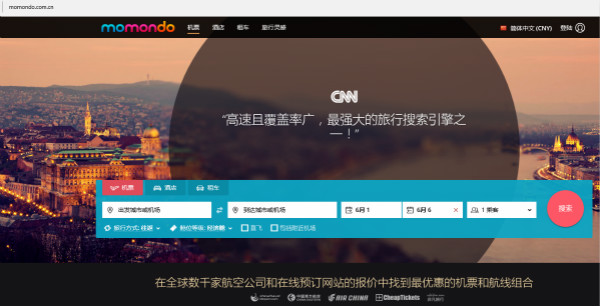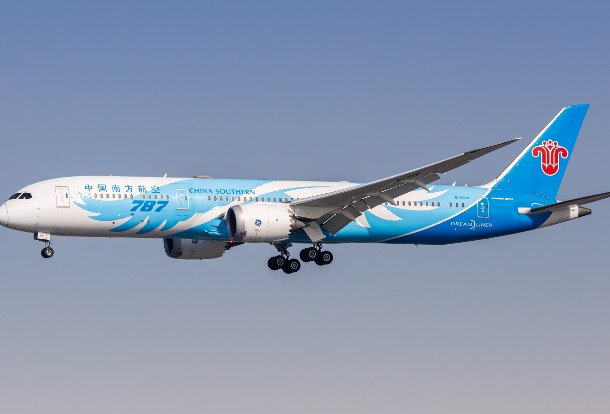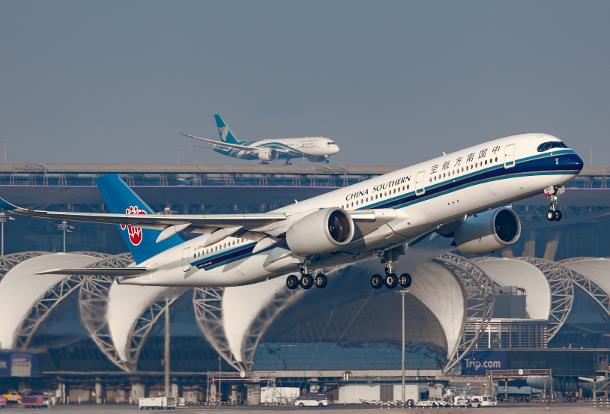ChinaTravelNews, Ritesh Gupta - It’s quite fascinating to assess how meta-search engines work on complex air-travel data, and present it in a format that enables users to go for the best flight or holiday deal.
Of course, it is often highlighted that the decision-making related to flights mostly relies on price and schedule, and unless travellers shop on the airline website they won’t see the full range of branded offers and content. But this hasn’t diluted the prowess of travel meta-search sites.
In fact, meta-search specialists continue to foray into new markets and China is one of them.
After the likes of Kayak and Skyscanner, momondo, too, is gearing up for a big push in China.
Momondo, which opened a branch in Shanghai in December 2014, is set to build on its local asset, www.momondo.com.cn. The team here includes executives for marketing, social media and operations department.
“China is a big and important market, and we see a lot of potential in it. 2016 is a very important year for momondo China, we will officially push our service to Chinese users after nearly two years of preparation. We initiated our China marketing activities on social media platforms - Weibo corporate account (@momondo) and wechat public account (momondo_cn), launched in July last year. Going forward our plan is to focus mainly on digital campaigns in 2016,” shared Pia Vemmelund, CEO of momondo. The group has also worked on its Hong Kong site (www.momondo.hk ) and Taiwanese site (www.momondo.tw) as well.

Meta-search – still relatively new in China
We have seen acquisitions along with attempts to go for the organic growth in this category in China.
So how has Momondo focused on gaining traction here? Where meta-search as a business category is doing well, and where it needs to improve on the whole?
“Compared to traditional OTAs (online travel agencies), meta-search is still new to the Chinese users. Very often, users get confused about what we do differently from OTAs, which is of course to create transparency of the entire market at the time of search as opposed to a more limited inventory as well as remaining independent by not selling anything. We are happy to see more and more international players are coming into the Chinese market, so the Chinese users can get to know faster what meta-search is and how meta-search can benefit their trip,” explained Pia.
“At our first stage in China, we will offer a lot for the few instead of little for many. We have found our special target group in China, so we are focused on communicating with them, servicing them, so they can become momondo pioneers and help us grow the market at the next step.”
Traits of this Chinese target group, as defined by momondo:
1. Success, progression is living an enriched life
2. Experience and enjoyment seekers
3. Knowledgeable and discerning
4. Stylish and sociable
5. Highly confident, independent minded
6. Best in class quality matters
“We first started with the group in Beijing and Shanghai, and the users mostly came from the creative industry,” shared Pia.
“We can see that Chinese international travellers are getting more knowledgeable about international travelling, and they are willing to use different tools to enrich their travelling plans. Therefore, we have put our initial focus on building up “good communication”,” said Pia. “By communication we mean not only (making it easy) for our users (to understand) but also to our suppliers (OTAs) and partners. What we do now is making people understand how to work with momondo, how to use momondo and how to get the best out of momondo. On the user-front, as we have been doing via Weibo and Wechat, you can see we are very focused on inspiring our travellers on how to use momondo to make their trip smarter – easier, more transparent and cheaper.”
Sticking to original products
Pia acknowledges that China is ahead of most European markets in terms of mobile adoption. She added, “We believe the Chinese users are not that much different compared to our users from the rest of the world. In fact, they are much more open to trying out and learning new tools. We have tested our China site and apps among overseas Chinese users, the results have proved the same.”
The team is focused on introducing their “original momondo service to China”. She said, “We believe the Chinese users become more and more globalized…we try to change as little as possible to bring Chinese users the same momondo that the European users or American users know.”
“What we have done on localization are for language, content and suppliers (OTAs) selection parts but not changed the service,” shared Pia.
As for what has been done to refine momondo’s digital assets – PC website, mobile website and mobile app – for Chinese audience, Pia shared, “The team has experienced that our Chinese users like to do their search via mobile devices and then complete the final booking on their PC. To catch this audience, we have launched our “log-in” function enabling our users to save their search preferences and their favorite flight and hotel options, so it is convenient for them to complete the booking at anytime, anywhere.” She added, “We have integrated flight and hotel search and booking into our WeChat platform. We’ve also tailored newsletters and fare alerts for our Chinese users, so they won’t miss the best time to book their travels.”
Dealing with the pricing issue
A major issue for the meta-search players in China has been handling the issue of multiple price points. It isn’t easy to make apples-to-apples comparison here. What is available online might differ on various channels, and the same is case with OTA and offline agencies.
On the same, Pia said, “Showing real-time price is one of momondo features, there is a lot of strong technology behind this aspect of our operations, but real-time price also means that prices change all the time. This is something that momondo doesn’t control as we don’t sell anything – price fluctuations are due to changes in supply and demand, and our mission is to always show the current prices.”
She added, “This fluctuation in prices is something that may frustrate users. What we do is that we explain our users how momondo system works, why the prices are changing. Meanwhile, we also provide a product such as “Flight Insight” which aggregates and analyses millions of prices to show which six factors affect the flight ticket prices. This includes factors such as time of day, day of departure, days to departure, alternative airports and airlines and also a price trend across the whole year to help users find the best price for their specific needs.”
“Some key principles for us are that we are independent - we don’t sell tickets but only search and compare the price, and users can see all the options without us influencing the results. Transparency is another key principle, which means that we show an entire overview of the market at the time search and show the final price as well as list additional fees. It’s also key for us, that we show real-time prices instead of cached prices,” shared Pia.
As to how the company explains why the prices are changing, Pia referred to momondo’s “unique technology” - it can rapidly scan and present massive amount of flight information from airlines and OTAs, momondo system brings not only a long price list but also combines different factors into rating system and it can instantly spot the best flights available. “One of the momondo technology features is “real time price”, compare to cache price, real time price helps our users to get accurate price and availability.”




